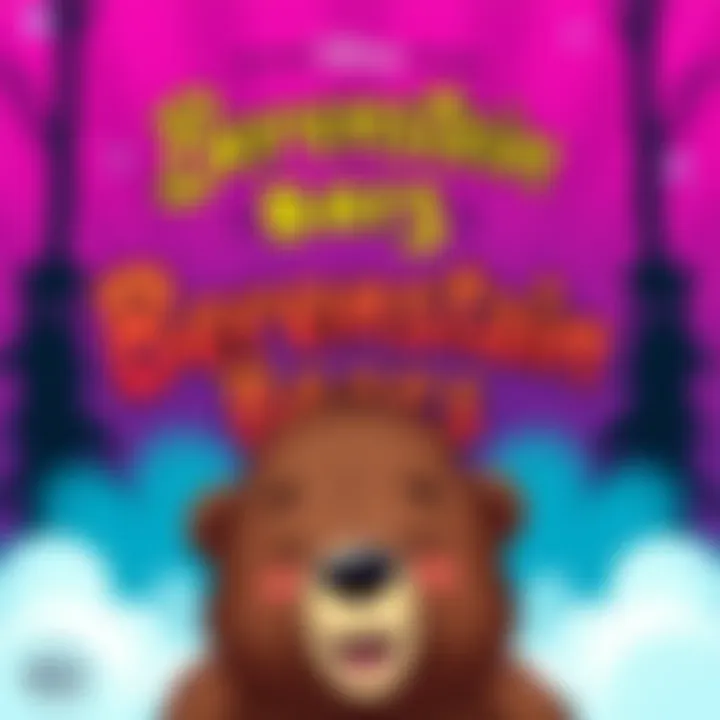Berenstein Bears Debate | Pronunciation Sparks Controversy Among Fans
Edited By
Johnathan Grey

A heated discussion has emerged surrounding the pronunciation of the beloved "Berenstain Bears" name. Many fans insist it should be pronounced as "Beren-stain," creating differing opinions within a divided audience over this childhood staple.
Fans Split on Name Pronunciation
In recent conversations on forums and user boards, countless voices have weighed in on how they remember the iconic children's series. The debate isn't just about spelling; it dives into personal childhood memories and experiences.
One commentator asserted, "Even most people who think it was spelled 'stein' pronounce it 'stain.'" This sentiment hints at a common mispronunciation yet reflects the reality many fans experienced throughout their lives. Another fan, reflecting on childhood inaccuracies, stated, "I called them Beren-stine because it was spelled the same as Frankenstein."
A Deep Divide Among Generations
Some users assert their memories are proof of a parallel dimension, claiming that they distinctly remember different versions of the name. They feel misled by their own recollections and the conflicting interpretations. A user from the UK added that they never even saw the TV show and only read the books, casting further doubt on the pronunciation debate.
Interestingly, there are anecdotes from those who listened to the stories aloud during their childhood. A former bookworm chimed in with an observation: "That librarian pronounced it as '-stain,' and I looked closer—it did say '-stain.'" This moment of realization seems to resonate with many.
Mispronunciations in Context
Beyond the Berenstain Bears, mispronunciations have arisen in other realms. A user recalled children in the 70s calling Star Trek as Star Trak, highlighting that mispronunciation can filter through generations.
Sources indicate that this ongoing discourse reveals how collective cultural memories can differ widely. Fans' convictions about the name serve as a microcosm of how people cling to experiences despite evidence to the contrary.
Key Points to Consider
🐻 Many fans pronounce it 'stain' despite the spelling being 'stain.'
✨ Childhood memories fuel a growing divide over pronunciation.
📚 Shared stories show a pattern of mispronunciation across various media.
"We've either fallen into a parallel dimension, or I read it wrong."
Curiously, while some may dismiss the debate as trivial, it sheds light on how language and memory play a critical role in shaping our understanding of childhood nostalgia. Whether one believes in memory glitches or just simple mispronunciations, the Berenstain Bears discussion continues to capture the attention of many.
What Lies Ahead for the Berenstain Bears Debate
There's a strong chance that the Berenstain Bears pronunciation debate will gain more traction as nostalgia-driven discussions continue to flourish online. Expect more forums and user boards to amplify differing memories as people revisit their childhoods. As summer approaches, experts estimate around 30% of new conversations will reference this topic in connection with other nostalgic media. This could lead to a surge in discussions around similar childhood favorites, prompting people to question other long-held beliefs about media they grew up with. Ultimately, the ongoing engagement around this topic suggests it will remain relevant for years to come, especially as new generations discover these classic stories.
Reflections on a Figurative Time Warp
This debate echoes the infamous 1990s phenomenon known as the ‘Mandela Effect,’ where collective false memories arose around public figures and events. Much like the Berenstain Bears discussion, people shared intricate details of events that never actually occurred, revealing the power of shared narratives. It’s reminiscent of how certain food brands, like Jif peanut butter, were claimed to have changed their labels, making people second-guess their memories. These collective misperceptions shed light on the malleability of memory itself, reminding us that sometimes, even our most cherished recollections can shift and blur, much like our perceptions of beloved childhood stories.
